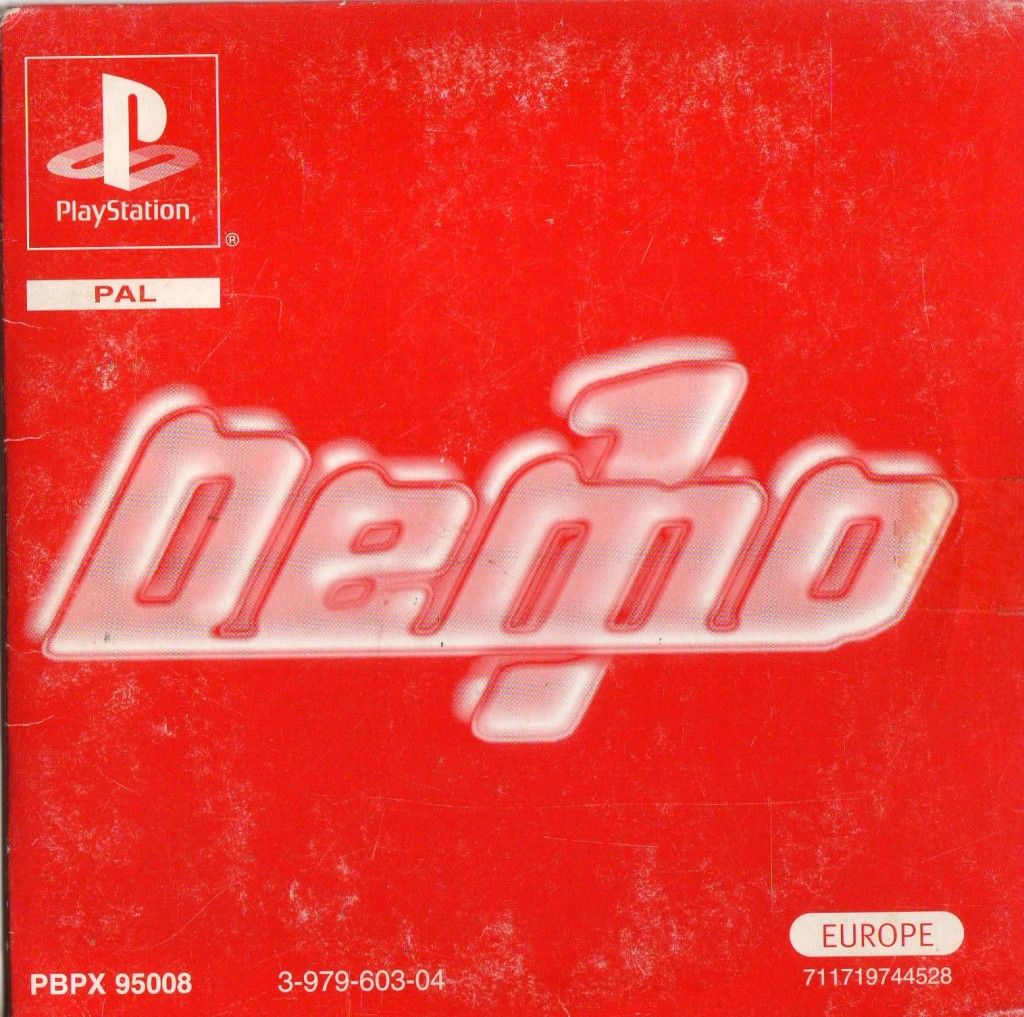I have such vivid and fond memories of a pre-pubescent me, nagging my Dad into buying me an official PlayStation magazine whenever I spotted one on a supermarket shelf. Of course my interest in reading it was limited to the bus ride home because when I got back into my bedroom I’d peel off the disk case from it’s gluey throne atop the front page and affix that bad boy under the disk tray of my then cutting-edge, CD-ROM based games console, entering a World of infinite possibilities.
As I got older I began to appreciate the written word more and subscribed to multiple games journals, but I would always take the time to check out the demo disks that came with them because that was the only way to truly see what was coming out in the near future. Demo disks have been the start of so many great passions for me in the past. My first encounter with Terry Pratchett’s excellent ‘Discworld’ series was through a PS1 demo disk and my first glimpse of the truly witty writing of Ben ‘Yahtzee’ Croshaw was on a point-and-click adventure game of his that came packaged with an issue of PC Gamer magazine.

But somewhere along the line, this trend bucked and now the existence of a demo for a game is the exception rather than the rule. I still remember when I initially got my shiny new PS3, logging onto the PlayStation Network and obsessively downloading every demo I could get my hands on. It seemed like such a sensible revolution at the time. We had high-speed broadband, we had consoles with hard drives and so consequently, why wouldn’t any developer give you access to a demo as soon as possible? And for a while, they did….they all did.
Mirror’s Edge was a game that particularly benefited from a demo. It showcased a style of first-person free-running that even today hasn’t really been done well. The demo promised so much and felt like such a fresh and original take on a tired, old genre. The game itself struggled to deliver but I bought it anyway because the demo was fun as hell. When I’d completed the game I was slightly disappointed but I didn’t feel cheated. I’d tasted it before I ordered it and it was my informed decision. Most importantly, I hadn’t been tricked.

Fast-forward less than three years and you have the release of Dead Island, a game that I was similarly excited about. It looked original, exciting and I had also seen and experienced a truly eye-watering trailer that now lives in infamy as the prime example of using CGI to mislead people into believing your game is something which it is not. I had some fun with Dead Island, but even though it fell just short of the mark in a similar way to that of Mirror’s Edge just a few years prior, I felt cheated by the studio, a feeling that was totally absent during the rooftop adventures of Faith and the other runners. They had promised epic tussles with zombies in hotel rooms, they had insinuated that I would be seeing people crashing through windows as their families looked on in horror. They had promised me drama and it didn’t materialize, but the money did and this was the confirmation the industry needed to shift its focus from demos to trailers. Building hype through YouTube videos and pre-rendered cut-scenes was far more profitable and far less risky than letting the players make an informed decision, based on a hands-on experience.
Of course the Internet has played a large part in all of this. We now get all of our information through snatched glimpses of our Facebook or Twitter news feed. The ten minutes I get to myself in the morning as I slurp down some boiling hot coffee and put on my trousers often includes watching the first twenty seconds of about fifteen different trailers or review shows. In order to compete, a studio now needs to reach your smart phone or laptop quickly and bombard you with colourful, exciting footage and pounding dubstep, to ensure that you remember their videos long enough to mention it to your friends at work or over your headset when you get home. Publishers can no longer afford to hope that you’ll take the time to try out their products and then spend your hard-earned cash on them.

There are still some studios that fly the flag for demos, particularly on PC. But gone are the days of huge, sprawling demos such as when Sega gave you the entire first disk of their epic RPG ‘Panzer Dragoon Saga’ or when the first of a series of games was released for free, as shareware, in the hopes that you’d buy the sequel, such was the case with the now legendary Wolfenstein 3D and Doom. For better or for worse, we now live in a World where you can look but you can’t touch and I’d like to think that it puts websites like ours on the front-line for keeping gamers informed about what to expect when they buy a game. Long live the game demo, may you forever rest in silicon heaven.